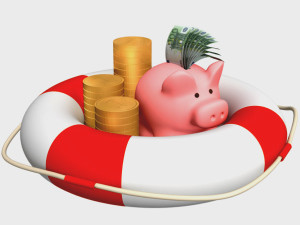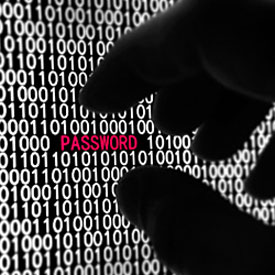 Today’s top story: Money moves that could kill your retirement. Also in the news: How to stress test your budget, how to build long-term wealth while renting, and how to prepare your parents for financing their long-term care.
Today’s top story: Money moves that could kill your retirement. Also in the news: How to stress test your budget, how to build long-term wealth while renting, and how to prepare your parents for financing their long-term care.
9 Money Moves That Could Kill Your Retirement
Avoid these at all costs.
Stress-Test Your Budget with a “Financial Fire Drill”
Putting your emergency plan to the test.
How Renters Can Build Long-Term Wealth, Too
Investment alternatives can help.
Steps to Prepare Your Parents for Financing Long-Term Care
How to have a difficult conversation.


